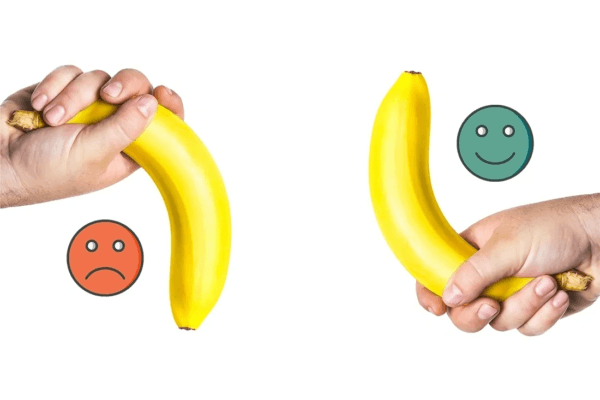There are two kinds of diabetes: type 1 and type 2. There is a type 3, called gestational diabetes or pregnancy-induced diabetes, which is indeed a subset of type 2 diabetes.
In type 1 diabetes, your body is unable to produce enough insulin while in type 2 diabetes, which is the focus of this article, your body produces enough insulin, in fact in most cases, is producing more than enough insulin, however, your cells are unable to recognize the insulin due to insulin resistance. This insulin resistance is brought on by several factors related to being overweight and obese. Type 2 diabetes is therefore referred to as lifestyle diabetes. So you can understand why it is indeed the focus of this article.
Here are five early signs that you could have type 2 diabetes.
Increased frequency of urination
Due to the high sugar content in your blood a lot of sugar is pushed by the kidneys into your urine. This increases the concentration of your urine. Through osmosis your concentrated urine draws water from the rest of the cells into the urine increasing the volume and frequency of urination. Persons with type 2 diabetes can urinate as many as five times in a night and up to 10 times during the day.
If you begin to notice a significant increase in the volume and the frequency of your urination, you could have type 2 diabetes.
Increased thirst
Your body’s response to the high volume of water you are losing through urine is to increase thirst so you can replace the water lost. People with poorly controlled or undiagnosed type 2 diabetes will usually wake up at night to drink water because they feel so thirsty.
If you have not increased your level of physical activity or the temperature has not changed significantly and you are also not sweating any more than you usually do, then a significant increase in the amount of water you are drinking could be a sign that you are developing type 2 diabetes.
- Unexplained weight loss
Whilst you have high levels of sugar available in your blood, the inability of your body to utilize it causes your body to activate its reserves store of energy, which is fat. The body begins to break down its fat stores to provide additional sugar for the cells to use. This sets up a vicious cycle, where the lack of sugar in the cell causes the release of more sugar from fat stores, which further increases the blood sugar levels, worsening the symptoms of diabetes. The breakdown of fat will inadvertently lead to weight loss. This would have been good if it was intentional, but its not.
This vicious cycle could end up with a life-threatening condition known as diabetic ketoacidosis and unconsciousness. For some, this is the first time they are diagnosed with diabetes.
So if you have not done anything about your weight and you suddenly begin to lose weight do not rejoice it could be a sign that you have type 2 diabetes.
Recurrent infections
The high sugar in your blood makes your cells sluggish. This, especially, affects your white cells which are the defenders of your territorial space. This restriction in your white cells activities makes you prone to recurrent infections such as boils under your armpits and in your groin, recurrent vaginal infections, recurrent UTI, and other similar occurrences.
So if you have had one too many infections this year, you could have type 2 diabetes.
- Erectile dysfunction – Bonus for men

Erectile dysfunction and premature ejaculation could be a sign of longstanding untreated or poorly treated type 2 diabetes.
If you notice any of the signs listed above you could indeed have type 2 diabetes and it’s time to take your health more seriously. Reach out to your primary healthcare provider and request a diabetes screening today.
Dr. Kelvin Owusu is a Health and Wellness Consultant who, through a holistic approach, helps individuals and groups craft innovative health plans aimed at promoting healthy lifestyles.



